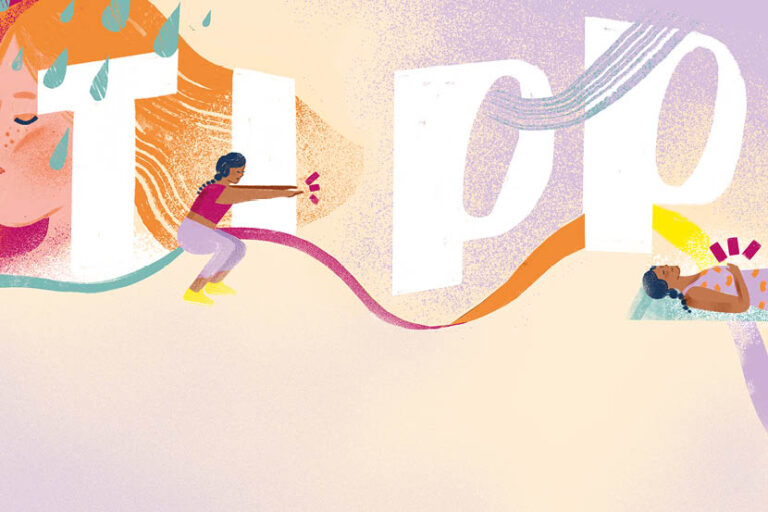
Notebook or laptop? Index cards or free flow? Find your strategy for novel-writing success
Would you like to write a novel but feel daunted by the time and dedication involved? It’s not surprising, given that you’ll need to produce 70,000 to 120,000 words while crafting scenes of exposition and tension, spliced with revelations and twists. Into your main story, you’ll probably want to weave a few subplots, involving a variety of characters. You’ll also need to conclude your book in a satisfying way for the reader, drawing the threads together – or perhaps leaving some loose.
If you’ve ever wondered how authors manage to write while keeping all that detail in their heads – well, not all of them do. While it’s possible to compose a novel without making a single note on plotting, chronology, or character, many writers do the opposite, planning everything in detail before they begin. And, at some point, most people find it useful to have a method of organising their ideas on paper or screen.
The good news is, there are many ways to manage your writing. Every author is different, and there’s no one rule that suits all. Some writers mix and match techniques, varying their method from draft to draft
– and book to book. The even better news is that you don’t have to hack your way through the undergrowth alone.
Read on to find out which methods appeal to you, along with extra tips for each, to help get that novel out of your head and on to the printed page.
Notebooks
Every author, no matter how tech-savvy, is likely to have a notebook stashed away. Like Agatha Christie, who finessed her fiendish plots in this way, you might find that this is the only method you need to plan your
stories, however convoluted they tend to be. If you lack a dedicated space in which to write, a notebook is ideal – it’s portable and won’t take over floor or wall space, unlike some other methods.
One drawback, however, could be that unless your jottings are highly organised, you might mislay plot details, making the task more time-consuming than need be. And many notebooks can – like Agatha Christie’s – end up becoming a mishmash of character names, story ideas, and even shopping lists. If you work well like this, go for it.
But if you find your head spinning every time you search for your subplots, it might help to use one or more of the other methods as well.
TIP: Invest in a pack of coloured pens and highlighters. They’ll be invaluable for delineating different areas you’d like to focus on.
Index cards
Are you a hands-on writer? Australian LGBTQIA novelist Yvette Walker uses index cards to keep track of everything. ‘Breaking down scenes, detailing historical research, asking questions about the work in progress, and attempts at possible answers. [The cards] get smudged by dirt, stained by tea, bent at the corners, and are punctured by holes made by drawing pins. They breathe,’ says Yvette.
‘What I most love about index cards is not their storyboarding uses, but their ability to bring ideas together and make something unexpected, something significant, something that might be useful, even crucial,’ Yvette explains, ‘Writing everything in a journal, disparate ideas stay separate and cannot be seen side by side.’ Yvette says that using this method helped her to map the topography of her first novel – Letters to the End of Love – ‘to define its features, elevations and points of interest.’
TIP: ‘There is no doubt that the index cards bring an element of chance, of magic, of gambling… They open up possible futures. Index cards are great for smashing ideas together. And old index cards are something to collect, to hold onto.’
Tech
Do you prefer to keep your planning and novel writing together on your laptop? If you like the idea of index cards, but haven’t the space or the inclination to use them, there are computer programs that provide the same process but in digital form. Many will also help you keep track of everything in your story, including scenes, themes, and characters. Most enable you to move chapters around by clicking and dragging, and you can summarise each section so you can keep an eye on your plot. You can even use some programs to format your novel and publish it as an eBook, should you wish.
TIP: You can sign up for trials of some programs and free apps are also available.
Post-its
Are you a visual person who loves the freedom of being able to change your mind? Then coloured sticky notes might help to bring your creativity to life. Unlike index cards, they’re smaller, more portable, and can be discarded should you have a better idea. Writing a novel is really a process of making many decisions and it can feel like a mammoth task to change them. The temporary nature of Post-its means you can experiment more easily, move things around, and replace, delete, or expand things. Different colours can be used to represent different aspects of the story, such as point of view and setting.
TIP: Use many different colours of Post-its, find a good place to stick them, and discover what works for you.
Whiteboard
If you have a dedicated writing space, you might also like to invest in one. A large physical area can help you to map your novel and think big, serving as both visual inspiration and detailed planning. If you need your ideas in plain view, this could be ideal.
TIP: Buy a magnetic whiteboard for dual-purpose organisation, with different coloured markers for planning, and stick on any maps, photographs, or other visual aids that catch your eye.
Mind
Perhaps you’re too free flowing to be restricted by a plan. That’s also fine – plenty of bestselling authors say they never use any organisational tactics at all. The late novelist Jackie Collins, who sold more than 400 million copies of her books, claimed: ‘I just write and write and write, and when I get to around 120,000 words, I decide how the story is going to end.’
TIP: If that’s you, take time at the beginning of each writing session to clear your brain of mental clutter. A moment of peace can help you access your novel-focused brain.
And finally… Perhaps the last word should go to author Harlan Coben, who has sold 80 million copies of his books worldwide. ‘The technique I use – if you will – is not to have a technique. I do whatever works, until it stops working. If it makes you write, good. If it makes you not write, bad… Forget everything else.’


















